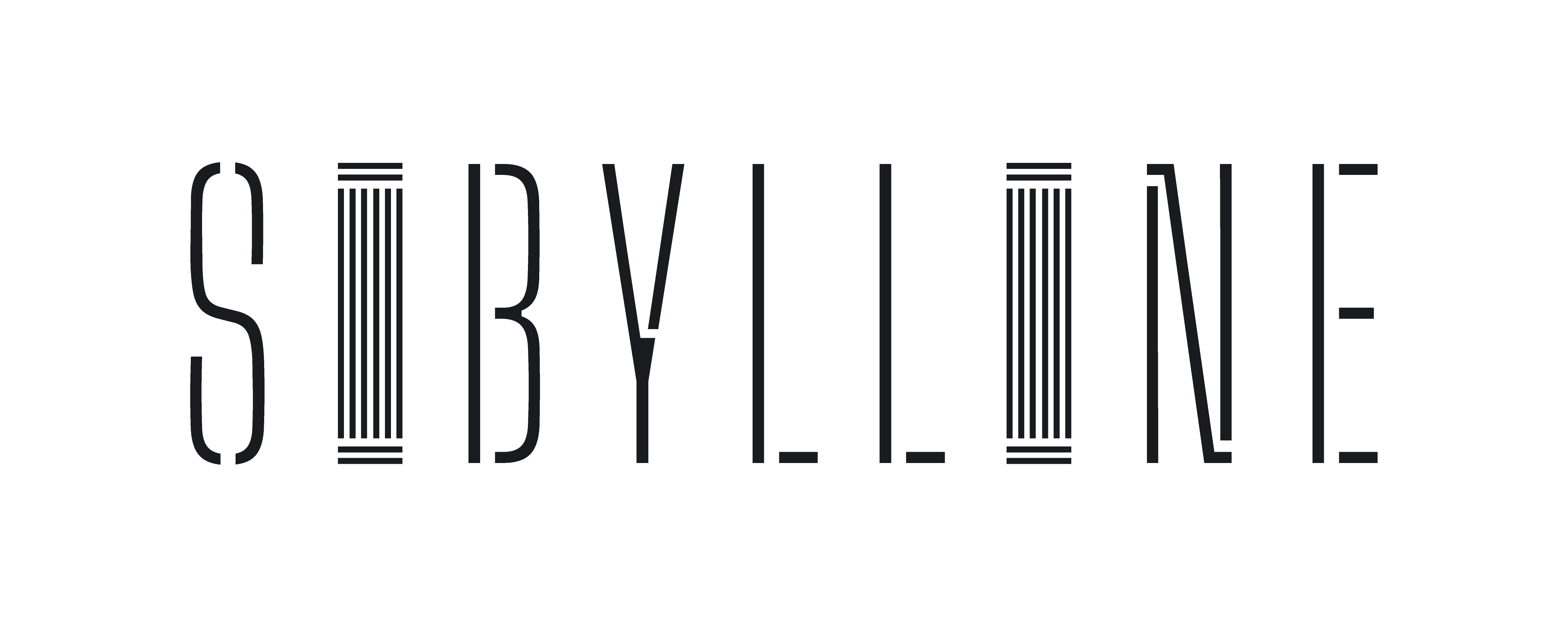The New Kingmakers

The enterprise software market is about to experience its most significant upheaval since the advent of cloud computing. A Cambrian explosion of startups has emerged, driven by a new class of AI-enabled non-technical founders who are systematically dismantling the moats that once protected industry incumbents.
The Changing Guard
For decades, enterprise software was a game of scale. Oracle, SAP, Salesforce – these behemoths built their empires on the fundamental premise that complex business problems required complex solutions, and complex solutions required armies of engineers. The barrier to entry wasn't just capital; it was the sheer technical sophistication required to build anything that could compete.
That calculus has fundamentally changed.
Today, a marketing director with a laptop and a Claude subscription can prototype a custom CRM in an afternoon. A frustrated operations manager can build a workflow automation tool over a weekend. Products and solutions that previously were dominated by a mere handful of major players with defensible economies of scale are going to be atrophied by an unchecked proliferation of differentiated players that can now compete.
The democratization of software development through AI isn't just lowering barriers – it's obliterating them.
The Trust Gap
Here is where the narrative gets interesting. Fortune 500 companies aren't running their mission-critical operations on software built by someone who learned to code last Tuesday. Mature, regulated, or PE target companies are not going to take on the risk of moving workloads to vibe coded software at the top of an internet search.
The proliferation of tools has created a paradox: while it's never been easier to build software, it's never been harder to build trust.
Consider the procurement process at any major corporation. Security audits. Compliance certifications. Reference checks. Integration requirements. SLAs. The checklist is exhaustive, and for good reason – when your software powers a billion-dollar operation, "move fast and break things" isn't a philosophy; it's a lawsuit.
This is where the real opportunity emerges, hidden in plain sight.
The New Power Brokers
The winners in this new landscape won't be the builders with the best products. They'll be the ones with the best pedigrees.
Entrepreneurial MDs of recognised companies and respected industry leaders that instead go on that journey force multiplied by a team they can trust with technical credentials that stand up to scrutiny will emerge as the winners. These aren't your typical startup founders. They're the former heads of innovation at Deloitte, the ex-CTOs of mid-market success stories, the industry veterans who've spent decades building the very relationships that matter.
They understand something fundamental: in enterprise software, you're not selling features. You're selling faith.
When the former VP of Digital Transformation at a Fortune 500 launches a startup, they're not starting from zero. They're starting with twenty years of accumulated trust, a Rolodex of decision-makers who return their calls, and most importantly, the credibility to say "I've been where you are, and I built this to solve our problem."
Social Capital as Moat
High trust relationships between founders and these firms will carry an unaffordable premium. Social capital is the new moat.
Think about what this means in practice. Two companies launch competing workflow automation platforms. One is built by a brilliant engineer with superior technology. The other is built by the former Chief Digital Officer of a major consulting firm, with marginally acceptable technology but a LinkedIn full of enterprise connections.
The market will choose the latter every time.
This isn't a bug in the system – it's the system working as designed. Enterprise buyers aren't optimizing for the best technology; they're optimizing for the lowest career risk. Nobody gets fired for buying from someone they trust.
The Coming Consolidation
We're about to witness a fascinating market dynamic. The explosion of AI-enabled builders will create thousands of point solutions, each targeting specific niches and workflows. But the distribution will concentrate around a handful of players who can navigate the enterprise maze.
These new kingmakers will aggregate solutions, not through traditional M&A, but through trust networks. They'll become the curators of "safe" innovation, the bridges between corporate needs and startup capabilities.
Watch for the emergence of new advisory firms, incubators led by industry veterans, and rollup strategies focused not on technology synergies but on relationship capital. The playbook is already being written by those who see the opportunity.
Implications
For non-technical founders riding the AI wave, the message is clear: your product is table stakes. Your pedigree is your product.
For enterprises, this presents both opportunity and challenge. The explosion of solutions means unprecedented choice and customization possibilities. But navigating this landscape requires new frameworks for vendor evaluation that prioritize founder credibility as much as product capability.
For investors, the calculation shifts. Due diligence on founding teams takes on new dimensions. The question isn't just "can they build?" but "can they sell to the C-suite?"
Closing Thoughts
The democratization of software development through AI is real, transformative, and irreversible. But markets, particularly enterprise markets, don't transform overnight. They evolve through trust networks, relationship capital, and the careful navigation of risk.
The winners in this new world won't be those who can build the fastest or even the best. They'll be those who understand that in enterprise software, reputation is the ultimate currency, and social capital compounds faster than any technology advantage.
The revolution is here. But it will be led by insiders, not insurgents.
